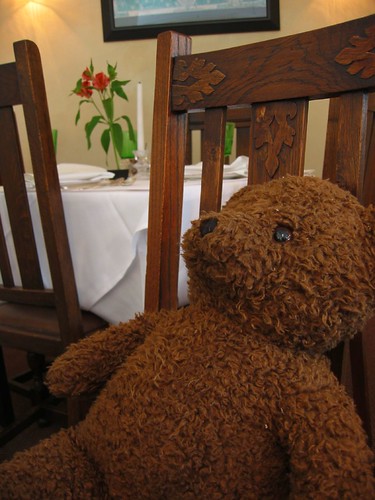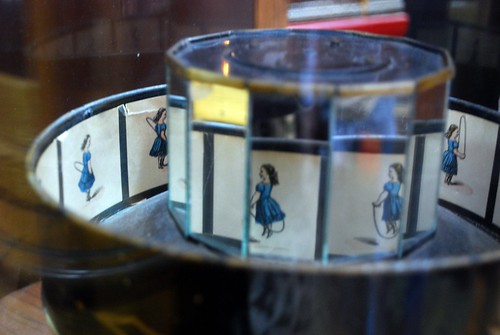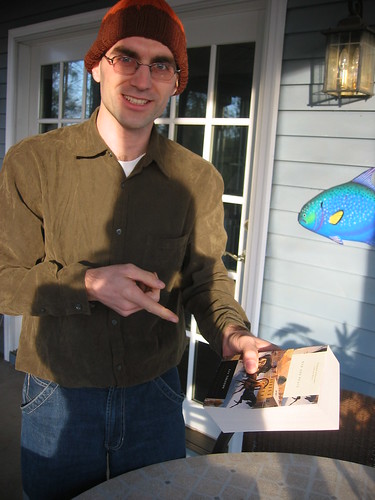My favorite example from War and Peace is his comparison of Moscow, abandoned by almost all its inhabitants in the face of the French advance, to a beehive that has lost its queen. It's far too long to cite here, but you can find it in Volume Three, Part Three, Chapter XX (page 874 in the Pevear and Volokhonsky translation); his description is creepy and convincing on both fronts, depicting a sort of living death exemplified by pointless, habitual activity.
Another example that's short enough to share comes much earlier, when the Russian troops are marching to the doomed battle of Austerlitz:
A soldier in movement is as heed in, limited, and borne along by his regiment as a sailor by his ship. However far he may go, whatever strange, unknown, and dangerous latitudes he gets into, around him--as for the sailor always and everywhere there are the same docks, masts, and rigging of his ship--always and everywhere there are the same comrades, the same ranks, the same sergeant major Ivan Mitrich, the same company dog Zhuchka, the same superiors. A soldier rarely wishes to know what latitudes his whole ship has gotten to; but on the day of battle, God knows how and from where, a stern note is heard in the moral world of the troops, the same for everyone, which sounds the approach of something decisive and solemn and arouses in them an unaccustomed curiosity. On days of battle, soldiers excitedly try to get beyond the interests of their regiment, listen intently, look about, and greedily inquire into what is going on around them.That passage is also a good example of the constant richness of detail, of attention to the world--and the petty, even risible interests through which we attempt to understand it in our daily lives--that fills and animates the novel, giving it a constant liveliness and spirit that, until you've experienced it, is hard to believe can be sustained for 1,200 pages.








